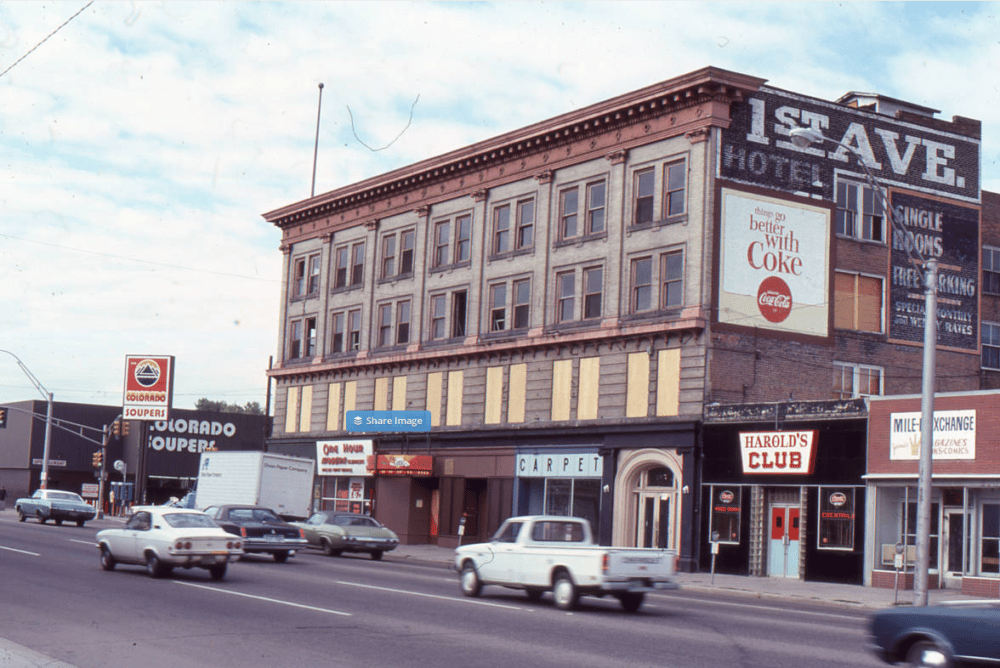The redevelopment of the First Avenue Hotel won't be finished for a year, but demand is strong already for the lower-cost housing units that are planned for the historic building.
For two weeks in May, a banner on the shuttered, decrepit old building advertised "affordable units." Now, more than 50 qualified people are on the interest list for the project.
"Which is remarkable," said David Zucker, president of Zocalo Community Development. "There's nothing there -- an empty building."
And, on Monday, Zocalo's plan for the building got closer to reality as the Denver City Council unanimously approved $2.5 million of tax incentives. With the approval, the $36.5 million project could begin construction within a month and be finished in 2019, Zucker said.
The plan includes 106 below-market apartment units. Notably, it will have only 32 parking spots -- a fact that drew some questions.
Separately, the developers expect a low-interest loan of roughly $2.5 million through the city's Office of Economic Development, and they could get tax credits for preserving a historic building
The historic, 34,000-square-foot hotel was built around 1908, according to city records. Parts of the building have been shut down for decades, but the ground floor was home to El Diablo and Sketch Food & Wine until it was declared unsafe in 2012 and 2013.
The project's apartments will be "affordable workforce housing units," averaging about 350 square feet, spread across the existing hotel and a new building. The units are meant for people making up to 60 percent of area median income, with rent ranging from $900 to roughly $1,000.
The buildings will have far fewer parking spots than housing units, leading Councilwoman At-large Debbie Ortega to ask whether that wouldn't be inconvenient for renters.
"It's a chicken and an egg situation," she said, adding that a smaller lot "exacerbates the parking challenge."
Zucker said that the building's renters will be less likely to own vehicles. "We know that as the price declines, as we get smaller one-bedrooms and studio units, the propensity to own a car is less and less," Zucker said.
And his company can afford to build more apartments by cutting down on parking, he said. "Building a structure would have been truly, prohibitively expensive," potentially hitting $60,000 per parking space, he said.
"To us, the virtue wasn't building 60 apartments and 60 parking spaces," Zucker said. And he pointed out that the area has frequent bus service and biking connections.
"It is right by a grocery and every possible amenity that you could want," said Councilman Jolon Clark. And it was critical to provide housing for people who work along Broadway, he added.













